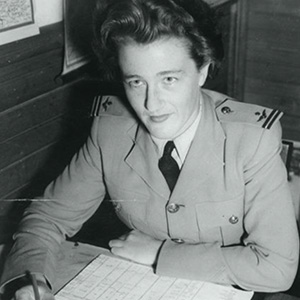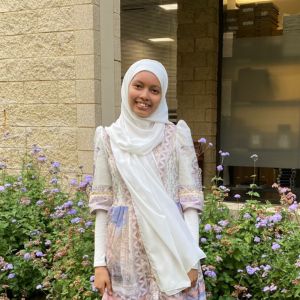

FS Alumnus Contributes to Australian Space Exploration
Hamidreza ‘Will’ Borghei (TCFS 2013) has been active in the Melbourne Space Program for the past two years. The Melbourne Space Program was initially a student project started by several engineering students from the University of Melbourne. The aim of their latest project is to build and launch Australia’s first nanosatellite.
The Melbourne Space Program will soon build and launch Australia's first nanosatelitte. Will hopes that this project will be able to rekindle Australia’s passion for the space industry.
Will told us that Australia is the only First World country that does not have a space program, which is quite unfortunate considering the first ever student satellite was launched by an Australian group in 1967.
A nanosatellite could be beneficial for surveillance during events such as bushfires, where the government requires thermal images. ‘Australia is currently paying foreign governments millions of dollars for satellite images. It could be more economical if Australia has their own satellite,’ says Will.
Through his involvement, Will has gained various skills and experience that he does not often find in university classes. Will shared with us the story of how he first got involved in the space program in his second year of University. ‘My friend told me about this space program. I was not sure because I was still an undergraduate student. But I went to see the project anyways and turns out anyone can join.’
Will then started on the project’s engineering team for 18 months before being recruited by the Executive Secretary for his outstanding leadership skills.
The Melbourne Space Program focuses on providing students of various faculties and backgrounds a platform for experience and networking. As much as he is passionate about engineering, Will has found satisfaction in management through the Melbourne Space Program.
‘This is why internships and volunteer works are necessary. They allow you to explore other areas and help you find your true passion.’
Will felt that communication skills is still rather overlooked by universities. ‘Some academics in the university encourage students to volunteer and do internships, but there is still not enough encouragement. Internship subjects should be mandatory,’ believes Will.
Through the Melbourne Space Program, Will has learned how to communicate with people from the regulatory department, marketing, finance, and other areas.
‘Communication skills is highly essential even to engineers. Some engineers still have trouble communicating with other engineers.
Trinity has helped me a lot with my communication skills. Drama and History of Ideas (HOI) has made me more confident, especially when doing projects.’
Being involved in a huge project requires hard work and determination. Will admitted that he has thought of quitting every now and then due to the workload. However, the satisfaction he gets every time something works out motivates him to keep working hard.
Will’s advice for current engineering students is to not focus on academic scores only. ‘Any engineer can do the technical side, but not everyone can do the management and networking side.’
The Melbourne Space Program is always looking for good, dedicated students of any level. Opportunities for non-engineering students are also available, visit their website on http://melbournespace.org.
This article is written by Shamira Priyanka Natanagara (JFT 2015), who recently completed an internship with the Careers and Alumni Department while studying a Bachelor of Arts (Media and Communications) at the University of Melbourne.



